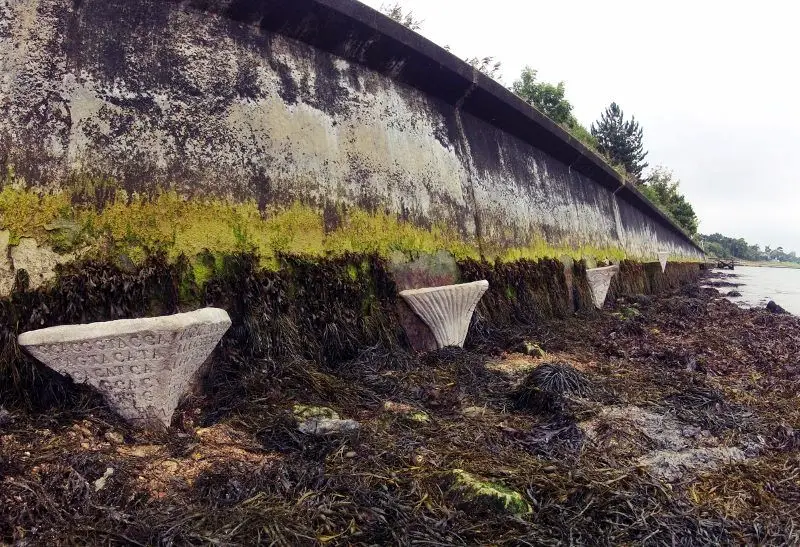Isle of Wight Conservative MP, Bob Seely, is supporting calls to ensure extensive new sea defence work around the Island also includes measures to increase biodiversity.
Such steps would not only enhance the maritime environment, it could also create more opportunities for local companies to become involved with the £37 million project.
‘Net gain’ in terms of benefit to biodiversity
Bob is taking the issue up with Defra following an approach from local company Wight Building Materials (WBM).
In a letter to Bob, WBM general manager Steve Burton said the draft Environment Bill included powers to ensure infrastructure schemes provided a ‘net gain’ in terms of benefit to biodiversity.
Steve suggested the sea defence work recently announced by the Environment Agency and the IW Council could be one such ‘net gain’ scheme.
Maximising local environmental and economic potential
Steve said,
“This really is welcome inward investment and I hope thought can be given to ensuring the work is procured in a way that brings added value in terms of maximising local environmental and economic potential.
“Support for this approach would be a highly visible statement of commitment to truly sustainable development. What is more, Island businesses are also very well placed to play their part in the delivery of ‘net gain’ construction schemes.”
Seely: Asked if sea defence work can benefit marine wildlife
Bob said:
“This sounds like a sensible suggestion and I have asked ministers at Defra whether there is scope to ensure these sea defence schemes could indeed provide features that benefit marine wildlife.
“There does seem to be an opportunity to enhance both the Island’s environment and its economy through this work and that is something I am very keen to explore through Defra.
“The Island’s recent Biosphere designation recognises the relationship between the Island’s environment and it’s people and it would seem that here is a real opportunity to put that philosophy into practice.”
News shared by the office of Robert Seely MP. Ed
Image: The very first vertipools in Bouldnor





